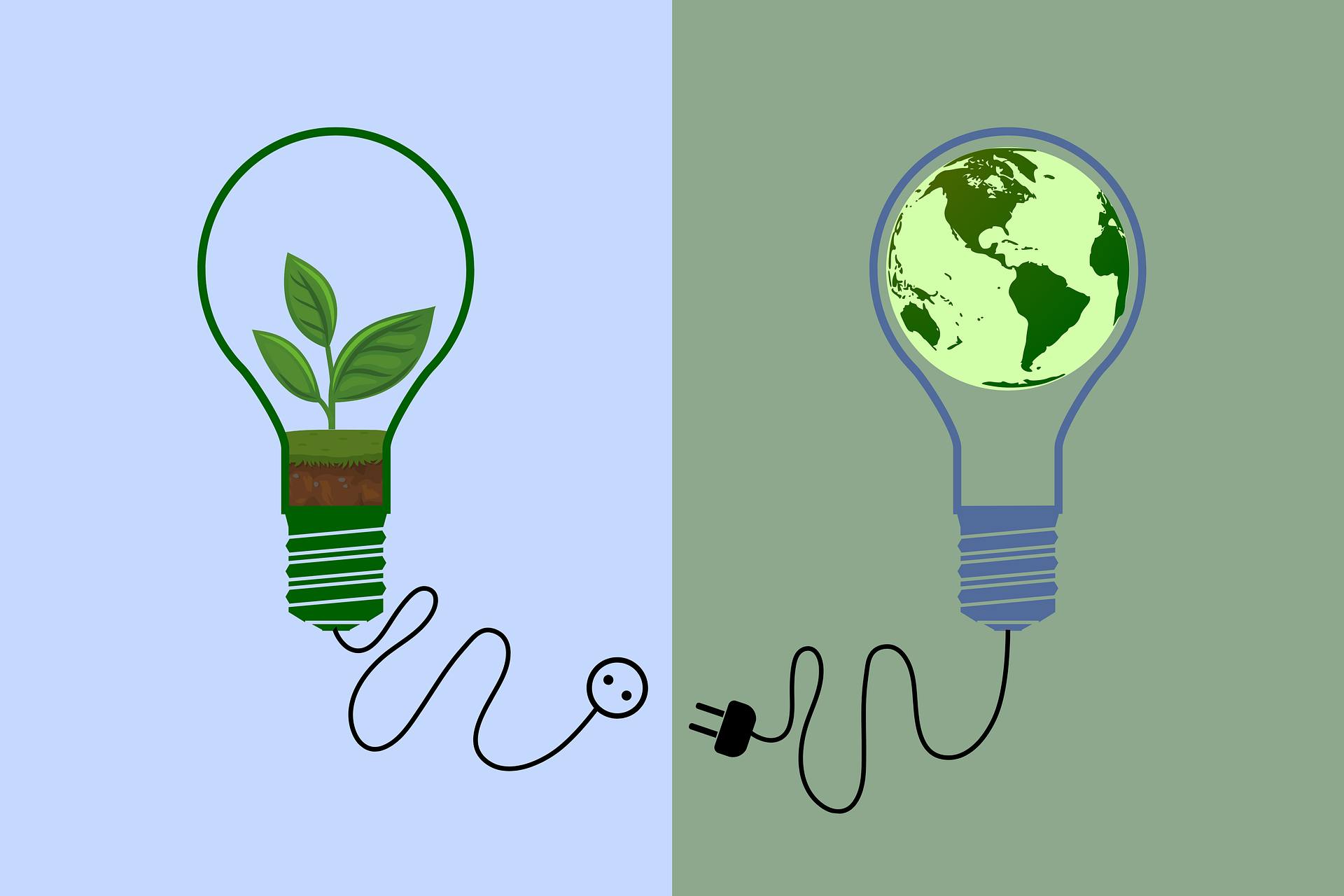
IESE Insight
Sustainable Business Practices Boost Profits
There is growing evidence that some of today´s business practices are damaging society and the environment. Nevertheless, the bottom line continues to rule. In this paper Miguel Angel Rodríguez, a lecturer at IESE, IESE Professor Joan Ricart and Research Assistant Pablo Sánchez argue that companies have an obligation to consider economic, environmental and social factors. The authors discuss how sustainable business practices may actually increase a company´s competitive edge, ultimately leading to profits based on principles.
If a company says that its goal is to make money, no one will be surprised. But if a company says that its mission is economic, environmental and s ocial value, there´s bound to be some skepticism.
There is growing evidence that some of today´s business practices are damaging society and the environment. Natural resources are growing scarce, pollution threatens the biosphere and globalization has transferred power from society to business.
In this changing world, citizens are starting to demand that corporations play a more active social role. The term sustainable development means that companies must take into account economic, environmental and social factors to insure that both present and future generations will have the same basic human right to satisfy their needs.
In the paper "Sustainable Development and the Sustainability of Competitive Advantage: A Dynamic and Sustainable View of the Firm," Miguel Angel Rodríguez, a lecturer at IESE, Professor Joan Ricart and Research Assistant Pablo Sánchez contribute to the sustainable development debate by proposing that - in the long term - the only way to do well is to do right.
The authors argue that sustainable business practices do not threaten profits; on the contrary, they actually increase a company´s competitive edge. They propose a sustainable and dynamic firm based on four pillars: physical, social, ethical and business reasons. According to their strategy, companies would pay closer attention to social demands and would respect the natural environment and the scarcity of resources. Ethically, they would assume new values. And, on a business level, a company would develop new strategic resources and capabilities coherent with sustainable development principles.
These new strategic resources and capabilities would be based on the development of an open, fluid and honest dialogue with the company´s stakeholders. The ability to build and maintain these relationships could become one of the most important business capabilities. The results of this dialogue would be a better reputation and improved innovation skills. As it is well known, both r eputation and innovation are sources of differentiation and competitive advantage.
The authors conclude by explaining how sustainable development will replace economic growth as the core value of corporate governance. The ultimate goal is to do the right thing, for the right reasons.
